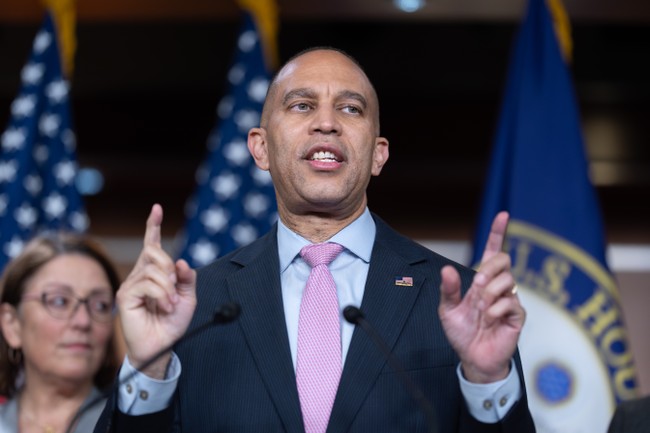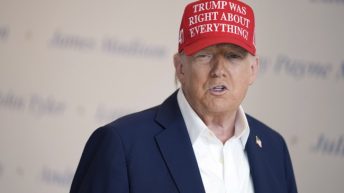This piece walks through a CNBC appearance where House Minority Leader Hakeem Jeffries tangled with host Becky Quick over expiring Obamacare subsidies, the role Democrats played in the funding fight, and the broader debate about whether temporary subsidies hide structural problems in the health law.
The government shutdown drama recently revived attention on the temporary Obamacare COVID subsidies that were set to expire at year-end, and Democrats pushed to extend them. Opponents argue those payments show the law is not truly affordable without recurring federal bailouts, while Democrats insist subsidies are necessary to keep coverage within reach. That clash framed the interview that sparked a very visible reaction from the Squawk Box host.
On CNBC, Quick pressed Jeffries about his party’s strategy and motives rather than letting him pivot to old talking points. Jeffries attempted to reframe the exchange by offering “context” and pointing back to prior negotiations led by Senate Democrats. Quick kept the conversation focused on the here and now, refusing to let the discussion slip into past disputes.
Jeffries said he was “providing an answer in order to provide context.” The choice of words drew an immediate, unmistakable eye roll from Quick that many viewers read as a blunt assessment of the Democratic leadership’s explanations. That nonverbal moment cut through the politicianspeak and became the focal point for critics who saw it as validation of their frustration with how the debate has been handled.
Quick pushed further on intent and consequences, suggesting Democrats might prefer higher premiums if it meant politically hurting Republicans. That direct accusation provoked a strong verbal comeback from Jeffries, and the exchange escalated quickly from policy argument to personal rebuke. The tension underscored how charged questions about policy design and political strategy have become in media appearances.
“It’s important context to make me realize that I don’t think you want to get a deal done. I think this is something where you’d like to see the rates go higher and allow the Republicans to hang themselves with that.”
Jeffries reacted sharply, calling the claim “absolutely a ridiculous assertion” and rebuking the host for making it. His sudden shift from policy framing to personal indignation suggested the line of questioning touched a sore spot, and it also left viewers debating whether his rebuttal addressed the policy issue or simply deflected the accusation. The back-and-forth highlighted how quickly a policy interview can turn into a fight over credibility.
Beyond the optics, the exchange revealed substantive disagreements over health policy. Republicans argue that continuing multi-year subsidies only postpones the structural reforms needed to make coverage sustainable and affordable on its own. Democrats counter that subsidy cuts would hike premiums and destabilize insurance markets, so temporary extensions are presented as necessary short-term fixes rather than long-term solutions.
The episode is another example of how media scrutiny forces political leaders to defend both policy choices and political tactics on live television. For viewers who track these fights, the moment crystallized larger concerns about accountability and policy clarity. Whether or not one agrees with Quick’s line of questioning, the exchange made clear that the subsidy debate is now as much about political theater as it is about the future of health care financing in the United States.





Add comment